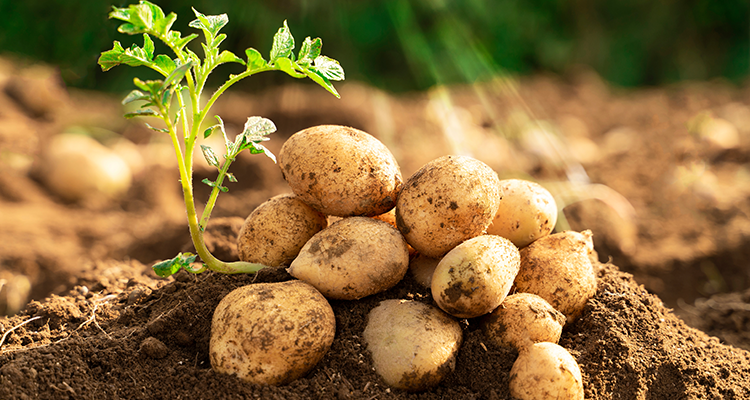Agricultural productivity depends on soil quality, which affects the degree and type of land use. It is defined by three terms: fertility, fecundity and productivity.
Fertility is the soil’s natural ability to provide nutrients as well as water and air to plants. By understanding what fertility a soil has, we can increase the degree of fertility by adjusting organic fertilisers and the way they are applied. With the right treatments, we take care of the fertility of the land, which leads to an improvement in productivity, that is, the ability of the soil to produce biomass.
What is important for farmers in particular is the relief of the land. In Poland, as much as 75% of the area is occupied by flat or slightly undulating lowlands. This makes it easy for agricultural machinery to enter the field. In the lowlands, rainwater also does not run off as quickly as on steep slopes, so erosion does not proceed as quickly as it does in the foothills.
Forage crops such as corn, among others, feel comfortable in our climate. Our country lies in a temperate warm transitional climate. The length of the growing season in the lowland part of the country varies from 180 to 220 days. In the mountains, the length of this period ranges from 100 to 150 days. This period gives plants the opportunity to grow and develop. Precipitation and temperatures in Poland are at levels that are conducive to growth for most of the year.

